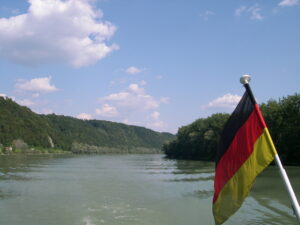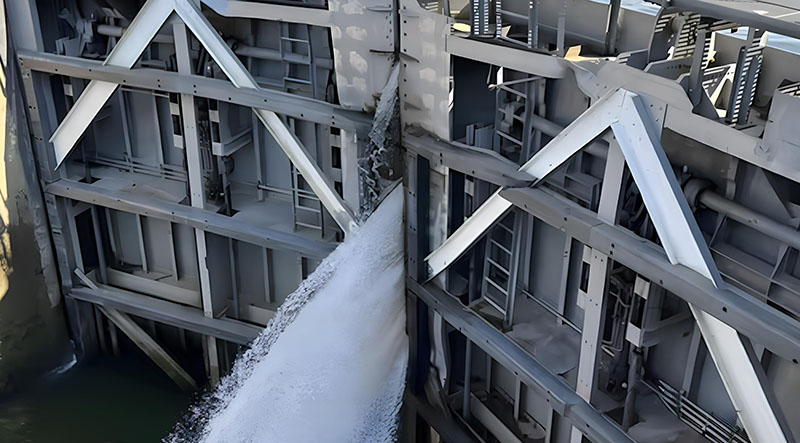During a recent edition of the IVR Congress held in Vienna, Austria a range of presentations were held on various topics, including a particularly interesting presentation by Mr. Eckehard Volz and Mr. J. Haas from the Hamburg office of Clyde & Co.
The presentation addressed whether, and in which circumstances, vessel operators could bring claims against the German Waterways Authority (WSV) in cases of physical damages to their vessel and/ or loss of earnings resulting from alleged shortcomings by the German government in the management of its waterways. The speakers also highlighted that the outdated German inland navigation infrastructure—particularly the locks— is expected to suffer an increase in disruptions in the coming years due issues related to age and lack of infrastructure investments.
In certain cases, damage or economic loss may be claimed, although German authorities are able to rely on a number of legal defenses that may limit or exclude their liability. Under German law, carriers may hold the German government liable based on various legal grounds:
- State liability under § 839 of the German Civil Code (BGB) in conjunction with Article 34 of the Basic Law (Grundgesetz), in cases of alleged misconduct;
- Tort liability, for negligent management of infrastructure;
- Public law principles, such as the Verkehrssicherungspflicht (the duty to ensure the safety of public traffic routes, including waterways);
- Contractual liability, in cases where the government has entered into direct contractual obligations (e.g., for towage or lock services).
Specifically under the Verkehrssicherungspflicht, the German Waterways Authority has an obligation to ensure that waterways are safe and navigable. However, this obligation only applies within the following limits:
- Within reasonable technical and financial limits;

- Based on known risks and available resources;
- With a focus on safety over commercial interests.
A temporary closure or defect—if properly reported and technically unavoidable—is generally not considered a breach of duty in the context of the Verkehrssicherungspflicht. Additionally, the authorities may also argue that a force majeure situation existed (such as extreme weather, sudden mechanical failures, or natural subsidence), meaning the incident was unforeseeable notwithstanding normal maintenance and inspections.
The German Waterways Authority regularly publishes notices of disruptions in inland waterway traffic (via the so-called Nachrichten für die Binnenschifffahrt (NfB), such as lock closures, bridge heights, depth notices, and waterway closures. If a shipowner wishes to submit a claim while the relevant information was made publicly available and provided there was sufficient time to plan an alternative route, the chance of bringing a successful claim against authorities is considered rather low. Shipowners are therefore strongly advised to consult publicly available information before planning their journey.
Whether a claim for vessel damage or loss of time is likely to succeed depends heavily on the specific circumstances of the incident. It must also be assessed whether the Waterways Authority can present valid legal defenses. This is often a matter of burden of proof. Particularly in larger damage cases, it is advisable to involve an expert or correspondent at an early stage of the incident who can promptly document the necessary facts and assist and advise the shipowner and insurers throughout the process.
Having a broad local network available , NNPC Correspondents is able to offer swift local assistance. NNPC Correspondents can be contacted via correspondents@nnpc-correspondents.nl of via our website.

